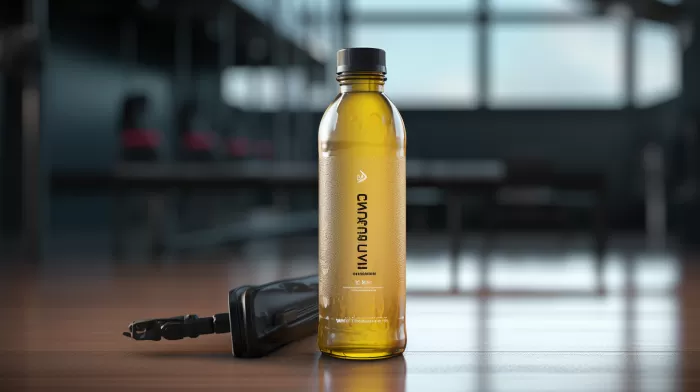A cold drink after a workout may sound appealing, but you might be unknowingly sabotaging your health in the process. It’s been discovered that many people tend to consume alcoholic beverages post-exercise, which can quickly erase any gains made from the workout. In fact, research from Northwestern Medicine shows that exercise can significantly increase the likelihood of drinking heavily later on in the evening.
This shocking revelation raises many concerns, considering both insufficient physical activity and excessive alcohol use contribute to numerous health problems. It’s crucial to understand the connection between the two and devise methods for promoting physical activity while reducing alcohol consumption.
The Exercise and Alcohol Connection
According to researcher David E. Conroy, Deputy Director of the Center for Behavior and Health at Northwestern University’s Feinberg School of Medicine, people tend to reduce their alcohol intake from Monday through Wednesday. However, once the “social weekend” starts on Thursdays, physical activity increases, and alcohol consumption follows suit.
A study conducted by Conroy and his research team observed the exercise and drinking habits of around 150 participants, aged 18 to 89. They recorded their subjects’ activities via smartphones, and in doing so, they found a strong correlation between the days people worked out and the nights they consumed more alcohol.
While the exact reasons for this trend are unclear, Conroy posits several possibilities. One explanation may be that people feel they’ve earned a reward for completing their workout, and that reward comes in the form of an alcoholic drink. Another hypothesis is that engaging in physical activity leads people to more social situations where they’re exposed to alcohol.
The Risks of Mixing Exercise and Alcohol
It’s no secret that both inadequate physical activity and alcohol abuse come with a myriad of health risks. According to the Centers for Disease Control and Prevention (CDC), excessive drinking can lead to numerous short and long-term health problems, including:
- Mental health issues like depression and anxiety
- Alcohol-related liver disease
- High blood pressure
- Stroke
- Various types of cancer
On the flip side, regular physical activity has numerous health benefits, such as:
- Lowering the risk of heart disease
- Strengthening muscles and bones
- Improving mental health and mood
- Increasing the chances of living longer
Pairing these two elements may inadvertently undo the positive effects of a workout. Binge-drinking after exercising may completely negate any progress made during the physical activity, leaving the body in a worse-off state than before.
Promoting a Healthy Balance
To counteract this issue and maintain a healthy lifestyle, it’s crucial to develop strategies that encourage physical activity without promoting excessive alcohol consumption. Understandably, it may be difficult to socialize without being exposed to temptation, but making a conscious effort to avoid over-indulgence in alcohol is essential.
Here are some tips for maintaining a healthy balance between exercise and alcohol consumption:
- Set limits: Before heading out to a social event with friends, determine how much you’re going to drink and stick to it. This will make it easier to enjoy your time responsibly without derailing your efforts from exercising.
- Stay hydrated: Ensure you’re well-hydrated before, during, and after your workout by consuming plenty of water. Not only will this help your body recover from the activity, but it will also reduce the desire to quench your thirst with alcoholic beverages.
- Find alternative rewards: Instead of using alcohol as your post-workout reward, consider other indulgences like a massage, a favorite snack, or watching a movie. This way, you’ll treat yourself without the added risks associated with alcohol consumption.
- Establish a support network: Share your goals with your friends, and seek out activities and gatherings that don’t revolve around alcohol. Having a support system in place will make it easier to maintain a healthy lifestyle.
Ultimately, it’s crucial to recognize the connection between physical activity and alcohol consumption. Being aware of this correlation and making an effort to maintain a healthy balance is the key to a successful and sustainable exercise routine and overall well-being. So, the next time you finish a workout, reach for a water bottle instead of a beer – your body will thank you.



